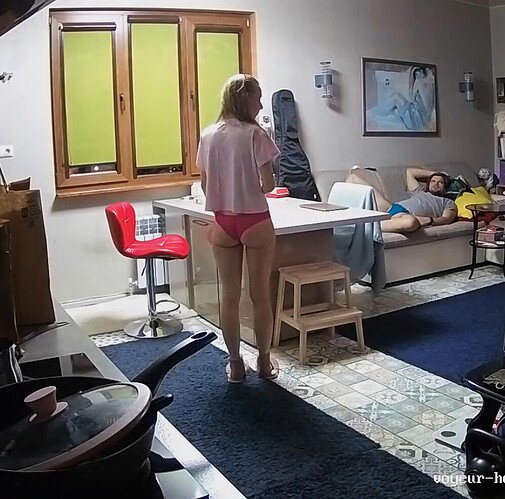It is low voltage…milli amps…cant k__l her ![]()
You realize the charger is plugged into a normal 230V socket?
yup…but the output is DC to charge the phone. should not be dangerous…just not wise.
But that is a bad example because they talk about a damaged extension cord and what the girl and the guy are doing there looks everything but professional. Even the readings she shows to the camera make no sense at all.
Another one where an extension cord was used.
The danger here simply is that the cable gets wet, water runs around the outside of the cable into the housing of the charger where is line voltage and trigger a surge which might fire back through the cable.
But usually the RCD should be triggered before that happens.
The danger is there but it is not really big. However I would not do it.
I reported that.
Ok thanks ![]()
You are a criminal. When we don’t know we say nothing
A few milliamps and you’re dead
@ Cindy
If the installation is (very) well done = 30ma differential circuit breaker = ok. . .
if not = poker
Yes, that is what happened to the girl who died, and if you watch the tests closely, they showed a test using a frayed extension cord in the water, but the other tests used the cords attached to the device without the extension cord in the water.
There’s nothing wrong with using an extension cord. For example, if you drop a charging phone in the tub, it’s the connection to the cord that is the problem. An unplugged phone, is no problem, at all, as demonstrated in the tests. Or, if the connection to the extension cord gets in the water that’s what causes the electrocution.
It’s not about using an extension cord, it’s about electricity getting in the water, in whatever manner it gets there.
I don’t know how you could see the readings on that device, the way she was waving it around.
What’s an RCD, some sort of circuit breaker?
Bottom line if it’s k__ling people, I’d say it’s a pretty bad risk.
The bottom line is that sorry to say the video is bulls__t. The thing with the extension cord is not only a risk with a phone but with each electric device.
And the readings the woman shows are bulls__t too. There is something like 0.20 to read on the display which neither refers to Voltage nor to Amperage. And she freaks out how deadly it is.
If you get a phone which is connected to a a charger wet basically at first nothing will happen as on that side of the charger is very low voltage.
The risk as I said is when water runs on the outside of the cable into the housing of the charger and causes a surge there.
RCD stands for Residual Current Device which triggers when a faulty current is detected.
It’s far more sensitive than a circuit breaker and mandatory in most western countries for all bathrooms and kitchens.
The other thing is if you are in a tub not made out of metal or in a tub made of metal but grounded nothing will happen if you have electricity in the water as long as you don’t touch anything made of metal and connected to ground.
Just when exiting and you are partly inside the tub and partly outside you will get shocked. So jumping out of the tub is the way to go.
I completely agree with you. You are absolutely right about the RCD. However, I wouldn’t rely on that. Because I don’t know where they are at home (country)? Whether there are RCDs there at all and, if so, which type is installed.




